Chess, often considered the game of intellects, has been a revered source of mental exercise for centuries. Its intricate strategies and complex decision-making processes offer a unique blend of entertainment and cognitive benefits. Engaging in chess not only sharpens the mind but also enhances various aspects of mental function. So if your question is – “Is Chess Good for Your Brain”, you’ll find the answer here.
In this blog, you will explore how the ancient game of chess can be a powerful tool in enhancing mental acuity and what practices to adopt and avoid for maximum benefits.
Attention: This blog is very interesting, and you may want to start playing chess immediately after reading it.
Are you ready?
Let’s begin with discussing how chess is a great exercise for your mind.
Playing Chess – The Best Exercise for Your Mind
Chess is more than just a game; it’s a mental workout that challenges and sharpens various cognitive skills. Often referred to as “the game of kings,” chess has captivated minds for centuries with its strategic depth, complexity, and endless possibilities.

Beyond mere entertainment, engaging in regular chess play offers a myriad of benefits for the mind, making it one of the best exercises to keep your mental faculties sharp and agile.
So Does Chess Make You Smarter? Absolutely! But how?
Here are some of the top outcomes of playing chess –
Improves Critical Thinking: At its core, chess is a game of decision-making and problem-solving. Each move requires careful consideration of potential consequences and the ability to anticipate your opponent’s responses. As players navigate through countless possibilities, they hone their critical thinking skills, learning to analyze situations, weigh options, and make informed choices—a valuable asset applicable to various aspects of life.
Better Strategy and Planning: Success in chess relies heavily on strategic planning and foresight. Players must formulate long-term plans while adapting to dynamic changes in the game. Developing a coherent strategy involves:
- Evaluating the strengths and weaknesses of both sides.
- Identifying key objectives.
- Devising tactics to achieve them.
This strategic thinking fosters mental discipline and fosters the ability to set and pursue goals effectively.
Better Memory Enhancement: Mastering chess involves memorizing countless patterns, openings, and tactical motifs. Players must recall past games, strategies, and positions to inform their current decisions. Continuously exercising memory in this way strengthens neural connections and enhances overall cognitive function. Over time, players develop a sharper memory, improved pattern recognition, and enhanced recall abilities—all of which are invaluable in everyday life.
High Concentration and Focus: Chess demands unwavering concentration and focus throughout the game. Players must maintain vigilance, staying attuned to their opponent’s moves while planning their own. This intense mental engagement trains the brain to sustain attention for extended periods, improving concentration skills and reducing susceptibility to distractions—a skill set transferable to academic, professional, and personal pursuits.
Great Decision-Making Under Pressure: In competitive chess, players often face time constraints, adding a layer of pressure that mimics real-life situations where quick, decisive action is necessary. Navigating complex positions under time pressure cultivates composure, adaptability, and the ability to make sound decisions under stress—a valuable attribute in high-pressure environments.
Emotional Intelligence: Chess is not merely about logic and calculation; it also involves understanding and managing emotions—both one’s own and those of the opponent. Players must control impulses, manage frustration, and remain composed in the face of setbacks. Through practice, individuals develop emotional resilience, empathy, and self-regulation skills, fostering better interpersonal relationships and conflict resolution abilities.
Approaches That Help Intelligently Sharpen Your Mind
Playing chess is indeed a remarkable workout for the brain, offering a multitude of cognitive benefits that contribute to mental sharpness and agility. The game demands strategic thinking, problem-solving skills, and foresight from its players. Each move requires careful consideration of potential consequences, analysis of multiple possibilities, and anticipation of the opponent’s next steps.
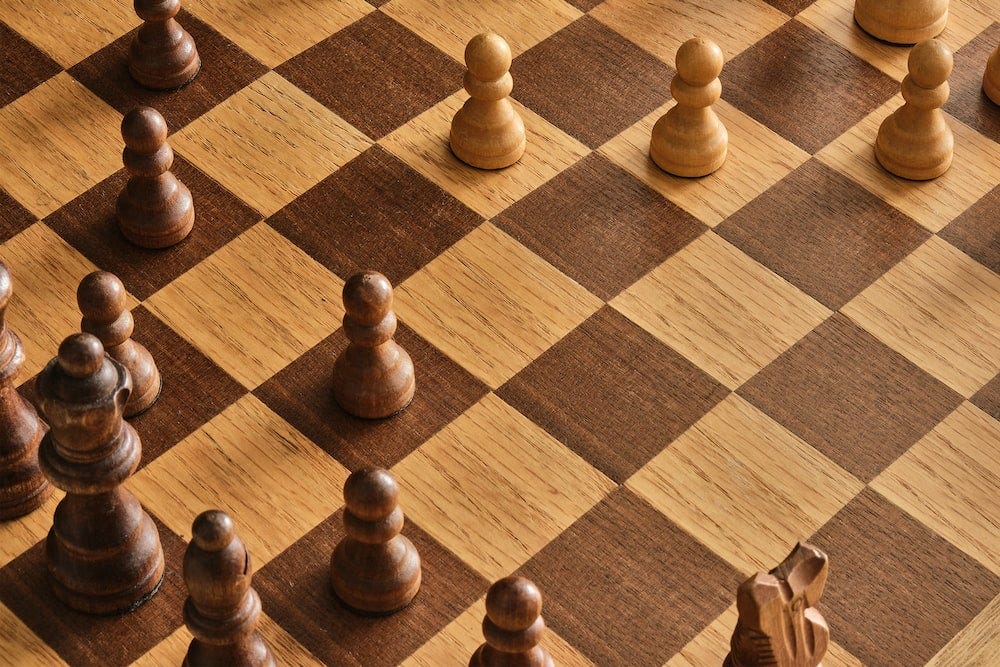
Through regular gameplay, chess enthusiasts engage in a mental exercise that strengthens critical thinking, enhances memory retention, and fosters creativity. Moreover, the dynamic nature of chess encourages adaptability and resilience, as players must adjust their strategies in response to evolving game scenarios.
Here are a few of the different approaches that you can follow to sharpen your mind:
Try Solving Puzzles
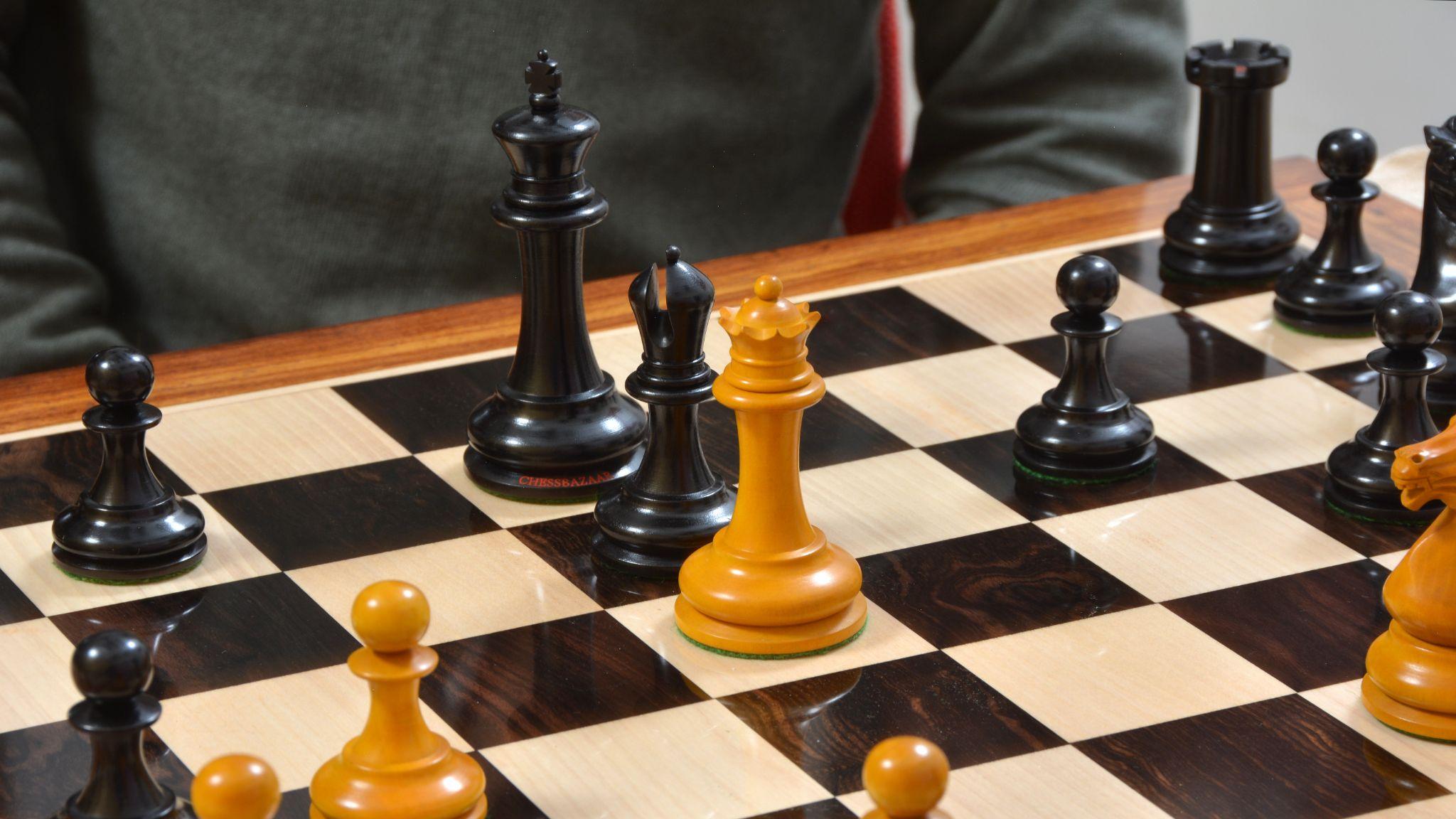
Chess puzzles, a staple in the regimen of enthusiasts and professionals alike, serve as excellent brain teasers. Each puzzle presents a snapshot of a game at a critical juncture, challenging the solver to find the best move or sequence of moves. This exercise demands and fosters a unique blend of critical thinking, pattern recognition, and strategic foresight.
By regularly solving chess puzzles, individuals can train their brains to think in new and innovative ways, thereby enhancing problem-solving skills that are applicable beyond the chessboard.
What are the benefits?
- Cognitive Challenges: Engages you in rigorous mental exercises that target critical thinking, problem-solving, and decision-making skills.
- Pattern Recognition: Develops the ability to identify recurring patterns, motifs, and tactical themes within chess positions, improving overall gameplay.
- Strategic Insight: Enhances understanding of strategic concepts like piece activity, pawn structure, and positional advantages, leading to better strategic decision-making.
Try Exploring Chess Books

Diving into chess literature is not just about learning the moves or strategies; it’s an intellectual journey that stimulates the mind on multiple levels. Chess books often recount historical games, dissect famous strategies, and introduce the reader to the cultural and intellectual heritage of chess.
It activates the brain, encouraging analytical thinking and improving memory and concentration. Furthermore, the exploration of chess through reading opens up new horizons, offering insights into the psychological aspects of competition and strategy.
What are the benefits?
- Strategic Learning: Accessing a wealth of knowledge on various chess strategies, openings, and endgames empowers players to expand their repertoire and improve their overall gameplay.
- Tactical Awareness: Exploring annotated games, puzzles, and analyses in chess literature enhances tactical awareness and improves pattern recognition skills.
- Critical Thinking: Engaging in critical analysis of games, positions, and strategic concepts presented in literature fosters analytical thinking and decision-making abilities.
Embrace Foresight on the Chess Board
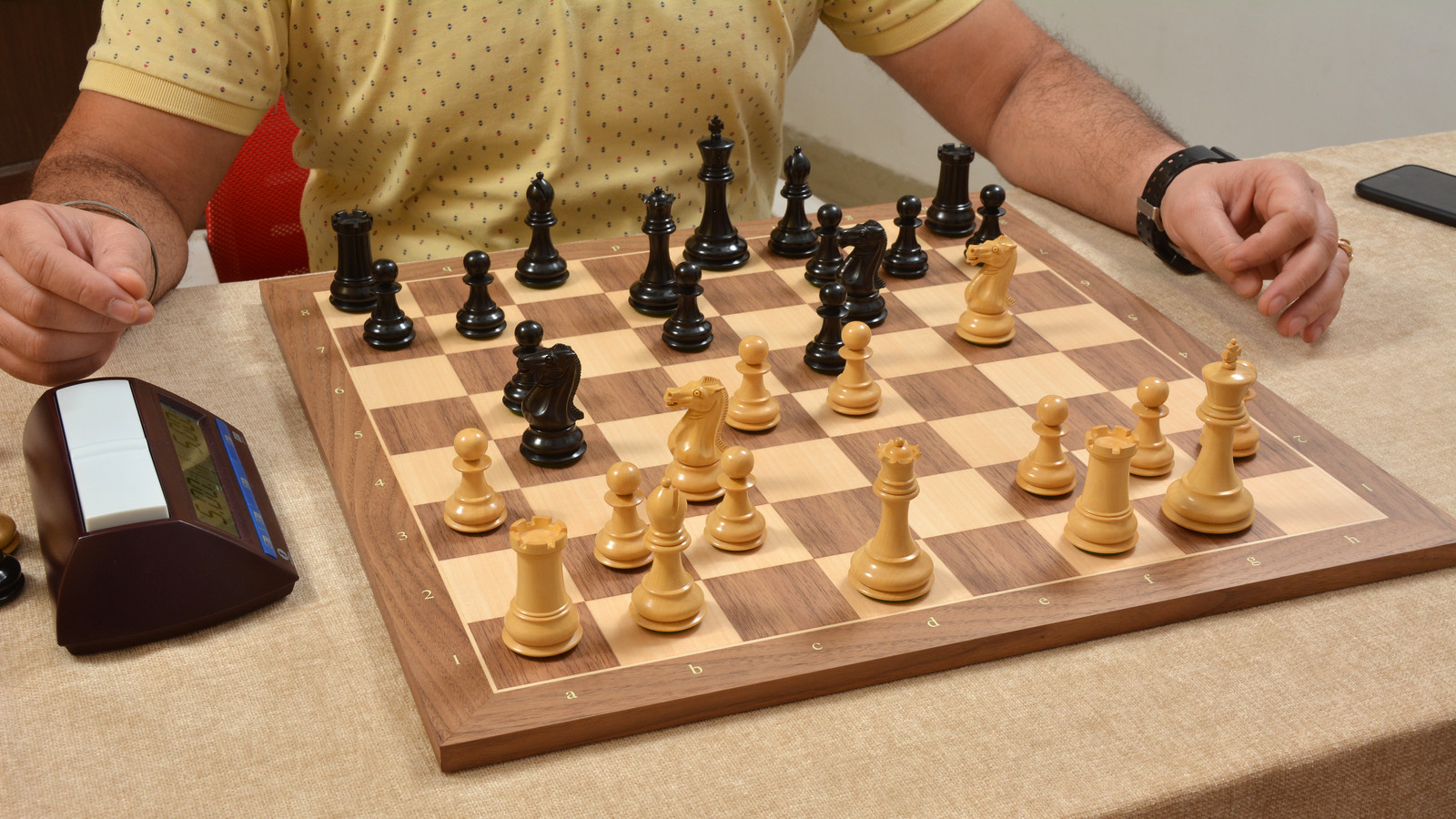
Foresight, or the ability to anticipate future scenarios, is a critical skill in chess. It involves calculating possible moves of chess pieces and countermoves and understanding the implications of each action on the game’s outcome. This skill of looking ahead and strategizing accordingly sharpens the mind, enhancing its ability to process information, anticipate consequences, and make informed decisions.
Regular chess play, with its demand for foresight, trains the brain to be more alert, agile, and adept at navigating complex situations.
What are the benefits?
- Positional Understanding: By considering potential future positions and outcomes, players develop a deeper understanding of the current position’s dynamics and positional advantages, guiding their decision-making process.
- Tactical Opportunities: Foresight enables players to identify tactical opportunities and threats that may arise several moves ahead, allowing them to capitalize on advantageous positions or mitigate potential risks.
- Flexibility and Adaptability: Anticipating future developments fosters flexibility and adaptability in response to changing circumstances of chess pieces on the chess board. Players can adjust their plans and strategies accordingly, maximizing their chances of success.
Things You Should Avoid While Engaging with Chess to Sharpen Your Mind
While engaging in chess can undoubtedly sharpen your mind and enhance cognitive abilities, certain habits and factors can hinder this process. Here are two key points to consider –
Avoid Foods High in Trans Fats
Diet plays a crucial role in brain health and cognitive performance. Foods high in trans fats are known to be detrimental to brain health, leading to diminished cognitive functions and reduced sharpness of mind. These fats can clog arteries, restrict blood flow to the brain, and increase the risk of stroke, all of which negatively impact mental acuity. For individuals looking to sharpen their minds through chess, adopting a healthy diet low in trans fats is essential.
Impact of Diet on Cognitive Function
- Scientific Evidence: Overview of studies linking trans fats to decreased cognitive performance.
- Dietary Recommendations: Guidelines for a brain-healthy diet that supports cognitive function and overall well-being.
Avoid Stressing Your Brain Too Much
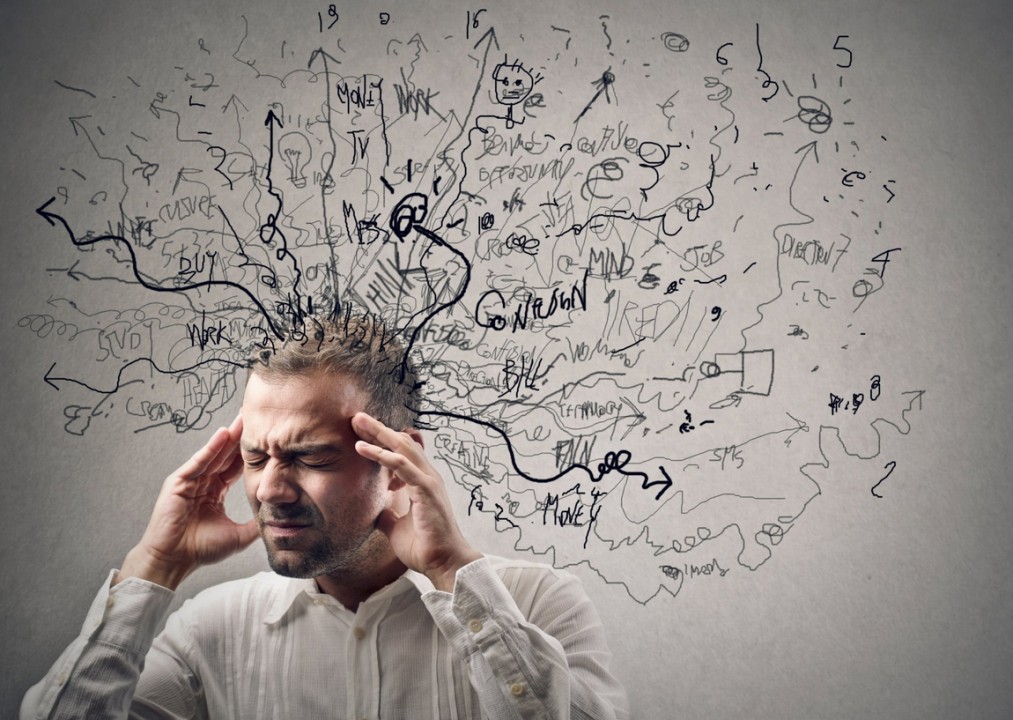
While challenging the brain is essential for growth, overexertion can be counterproductive. Excessive stress, especially mental stress from prolonged intense concentration, can lead to burnout, decreased cognitive function, and reduced ability to think clearly or creatively.
It’s important to find a balance between stimulating the brain and allowing it time to rest and recover. Incorporating breaks, engaging in physical activity, and practising mindfulness can help maintain this balance, ensuring that the mind remains sharp and ready for the strategic demands of chess.
Managing Mental Stress
- Signs of Overexertion: Identifying when the brain is overstressed and needs rest.
- Relaxation Techniques: Methods for reducing stress and promoting mental recovery, including mindfulness, physical exercise, and hobbies outside chess.
Is Chess Good for Your Brain? – A BIG YES
Chess is not just a game; it’s a sophisticated tool for mental enhancement. Through the strategic challenges it presents, chess offers a fun and effective way to sharpen the mind. By solving puzzles, reading chess literature, and embracing foresight during gameplay, individuals can significantly enhance their cognitive abilities. However, it’s equally important to avoid practices that can hinder mental sharpness, such as consuming unhealthy foods and over-stressing the brain.
By adopting a balanced approach, embracing both intellectual challenges and the need for mental well-being, chess enthusiasts can enjoy the cognitive benefits of this timeless game to their fullest. Whether you’re a seasoned player or a curious novice, a chess set can be your gateway to not just a sharper mind but a richer, more strategic way of thinking.

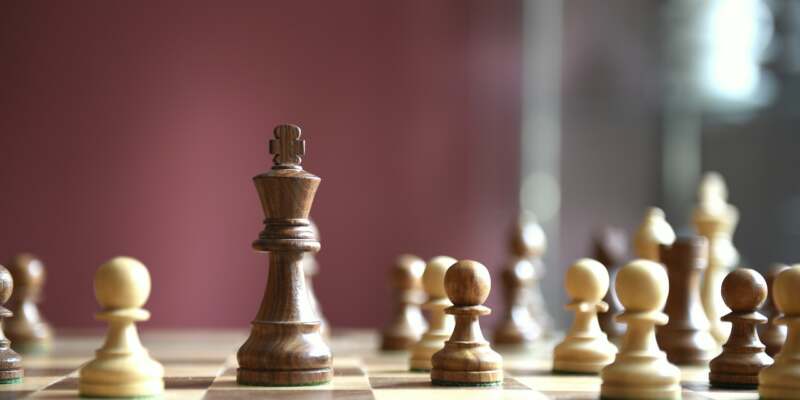








Comments